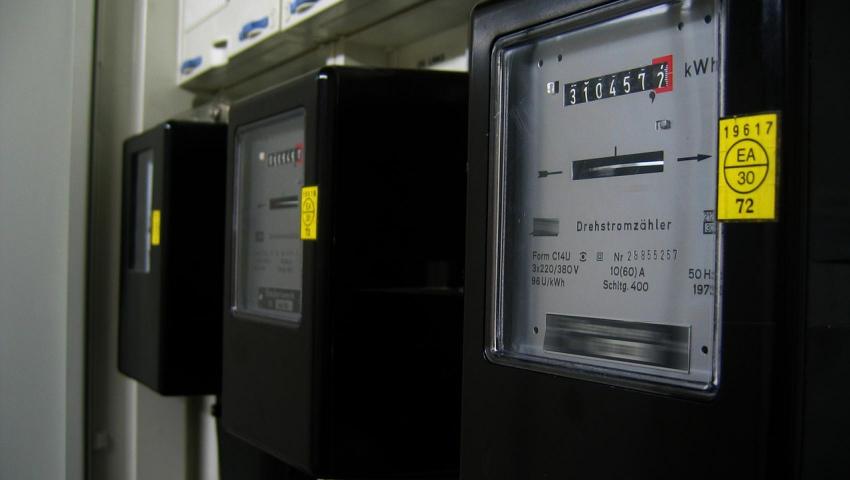Business insists that compensation for high electricity prices should remain in effect in 2025
Employers believe that the situation of Bulgarian industry is dramatic and threatens to sink the national economy

The Association of Bulgarian Employers' Organizations (AOBR) insists that compensation for high electricity prices should continue in effect in 2025, as a strong increase in prices is expected this winter, and "the situation of Bulgarian industry is dramatic and threatens to sink the national economy".
AOBR insists that the draft state budget for next year explicitly obliges the Council of Ministers to adopt a Program for compensating the costs of non-household end customers for electricity for the period from January 1, 2025. until December 31, 2025, which will be financed by the producers' targeted contributions. These targeted contributions should be used solely to compensate for the electricity prices of non-household end customers, the Association stated, quoted by BTA.
"We insist that in the Law on the State Budget of the Republic of Bulgaria for 2025, § 3 of the transitional and final provisions regarding the making of targeted contributions to the Electricity System Security Fund (ESSF) by electricity producers, which was in effect in the budgets for 2023 and 2024, be preserved. The effect of the ceiling on producers' revenues should continue to apply throughout the calendar year 2025," the employers wrote in a letter sent to the acting prime ministers and ministers of finance and energy regarding the compensation for electricity prices from January 1, 2025.
The letter was signed by Kiril Domuschiev, Chairman of the Management Board of the Confederation of Employers and Industrialists in Bulgaria (CIEIB) and rotating Chairman of the AOBR for 2024, on behalf of the Association of Industrial Capital in Bulgaria, the Bulgarian Industrial Chamber, the Bulgarian Chamber of Commerce and Industry and CIEIB, and was received today by BTA.
The Association warns that the situation of Bulgarian industry is dramatic and threatens to sink the national economy. Only urgent and timely measures by the executive branch can mitigate the consequences of the expected severe winter, employers believe.
The unfavorable situation on the electricity market is expected to continue in the coming months, as the fundamental factors - insufficient connectivity of the electricity markets in Europe, low water levels in the region, low production from the sun and wind - have not changed, the AOBR points out, pointing out that this is also compounded by a significant increase in natural gas prices caused by higher-than-expected consumption in Europe. None of these reasons can be managed by end users, is the opinion of the employers.
"The entire region, including Bulgaria, is experiencing a serious electricity deficit - in November alone, Bulgaria, Romania and Hungary imported a total of almost 2,300 gigawatt hours (GWh). Against this background, export capacity to Ukraine has been increased since the beginning of December, its energy infrastructure continues to be destroyed, and during the winter months, exports to Ukraine will put additional pressure on the deficit market in Southeast Europe," the AOBR points out. According to the organization, this will lead to a further increase in prices.
The decline in orders, the 20 consecutive months of a negative industrial production index, the decline in exports and the slowdown in the economy of our main trading partner and market - Germany, combined with high energy prices are devastating for the country's industry. The shutdown of enterprises will be catastrophic for economic growth, unemployment, the social system, the control of inflation and the goals of joining the eurozone, warns the AOBR.
According to the organization, the first signs of the industrial catastrophe are already visible - several medium-sized enterprises are closing their doors, and according to data from the Employment Agency, nearly 5,000 people have been laid off. According to the organization, this will affect the treasury's revenues, because revenues from direct and indirect taxes and social security contributions will decrease.
We recall that from July 1 until the end of this year, the National Assembly voted to compensate all business expenses at an electricity price of over 180 leva per megawatt hour. The compensation funds are provided by the "Electricity System Security" fund, which is filled with deductions from the profits of electricity producers.
